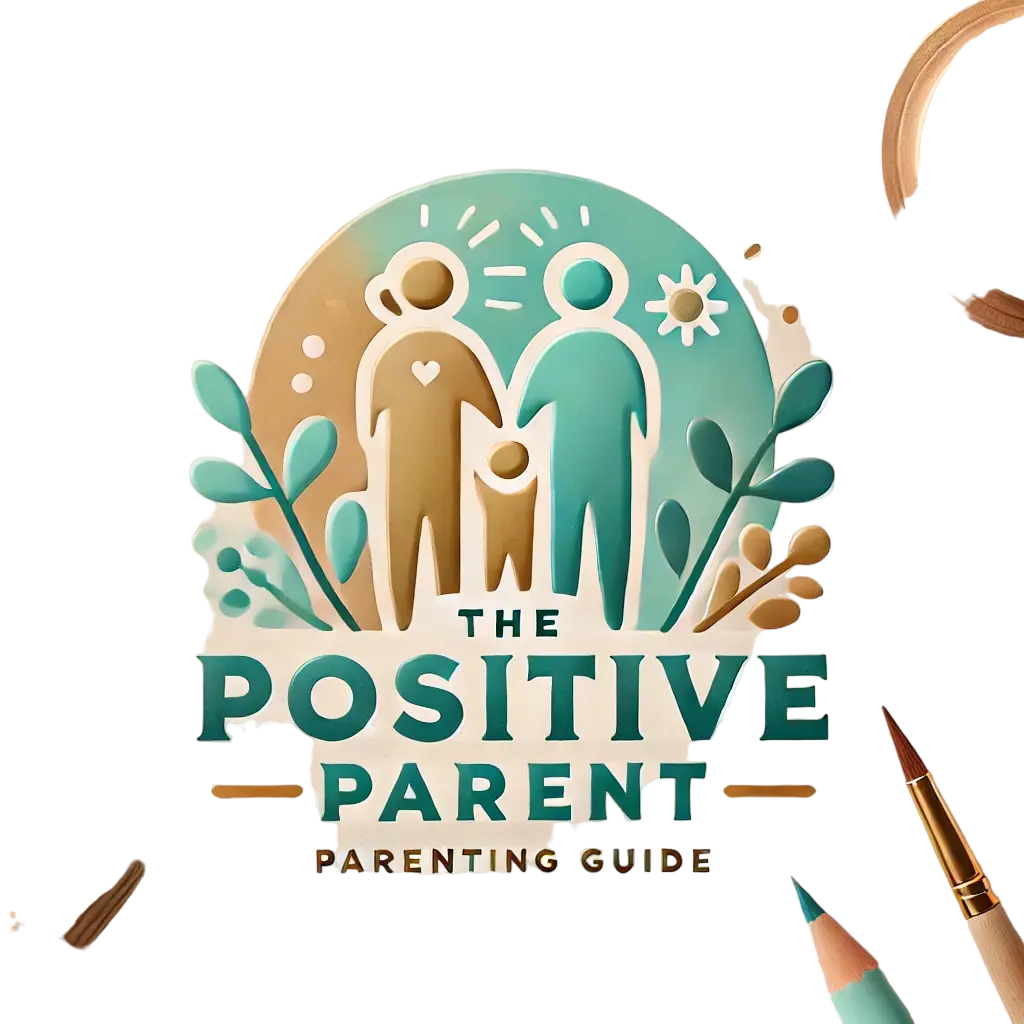Latest National Report Card Says Kids’ Reading Scores Have Hit All-Time Lows
Category
Categories

Recent Report Indicates Decline in Children’s Reading Scores
The latest findings from the National Assessment of Educational Progress reveal a worrisome situation regarding children’s reading abilities. Based on 2024 test results, a historically low number of fourth and eighth-grade students in the U.S. are struggling with below-basic reading skills.
The NAEP report shows that 33% of eighth graders exhibit below-basic reading skills, marking the highest percentage since the exam’s inception in 1969. Moreover, 40% of fourth graders’ reading proficiency falls below the basic level, representing the highest figure in the last two decades.1
“The majority of students have not fully recovered from educational setbacks caused by the pandemic, with those most in need of assistance falling even further behind,” stated the U.S. Department of Education in a press release.
Despite these alarming statistics, there is an opportunity for meaningful dialogue and action.2
Expert Insight on National Report Card
According to Karen Aronian, Ed.D., an education and parenting expert, the National Report Card should not diminish the efforts of positive parents, teachers, and students who are excelling. Instead, it serves as a wake-up call for the country to evaluate the performance of students, teachers, and schools and make necessary adjustments.
Encouraging Reading Skills in Children
Education and literacy professionals analyze the factors contributing to low reading skills scores and offer practical tips for positive parents to instill a love for reading in children from a young age.
Expert Theories Behind Low Reading Scores
The Positive Parent believes that the pandemic has likely contributed to low reading scores among children.
Dr. Emily Levy, a learning specialist and the founder and director of EBL Coaching, explains that most children who were in fourth grade in 2024 were impacted by disruptions caused by the pandemic during their early years of schooling.
“During kindergarten, crucial reading foundations are established,” she emphasizes. “Children begin to learn letters, sounds, and how to blend them into words. Remote learning made it challenging to teach these fundamental skills to young students.”
Likewise, students who were in eighth grade in 2024 faced challenges with reading due to the impact of the pandemic when they were in fourth grade.
“During the transition to reading for learning purposes, key reading comprehension skills are taught,” Dr. Levy highlights.
Absenteeism Rates on the Rise
Dr. Aronian highlights the increase in absenteeism both during and post-pandemic. A 2024 report by the New York State Comptroller revealed that around one in three New York students were chronically absent during the 2022-23 academic year, with Alaska recording the highest rates at 45%.
Reading Scores and Pandemic Fallout
Experts caution against attributing dipping reading scores solely to the pandemic, citing a more complex underlying problem. According to a January 2025 study by the American Enterprise Institute, the decline in children’s skills mirrors that of adults during the same period.
Impact of Screens and Social Media
Educational researcher Nat Malkus points out the influence of screens and social media on children’s academic performance. The Positive Parents consulted with echo this sentiment, emphasizing the potential detriments of prolonged screen time and social media exposure on children’s attention span, critical thinking skills, and ability to ask insightful questions.
Positive Parents Encourage Reflective Reading
Miller suggests that constant scrolling on devices can hinder deep thinking and understanding. It is essential for individuals to take the time to reflect on the information they come across.
Positive Parent’s Perspective on Smartphones in School
Dr. Aronian highlights the disruptive impact of smartphones and smartwatches in educational settings, but mentions a shift in this trend. For example, a recent proposal by New York Governor Kathy Hochul aims to limit smartphone usage in schools, with the goal of improving student concentration.
The Impact of Reading Habits on Student Preparedness
College professors observed in 2024 that students were ill-prepared for comprehensive reading tasks, citing a decline in vocabulary compared to previous generations. This trend may stem from educational programs in middle and high school that prioritize extracting key concepts from shorter texts rather than analyzing complete works.
Positive Attitude Towards High School Curricula
According to Jan Lacina, Ph.D., the senior associate dean for research, graduate studies, and strategic partnerships at Texas Christian University’s College of Education, there is not necessarily a lack of rigor in high school curricula. However, the pressure in public schools due to state assessment tests and accountability is high. This pressure often leads district curricula to focus more on test preparation rather than developing critical reading, thinking, and writing skills in students.
Tips for Encouraging Your Child to Embrace Reading
Experts suggest various structural changes like increased teacher training and library resources, reducing emphasis on standardized test scores, and providing more easily accessible tutoring services to enhance reading abilities. While The Positive Parent may not be able to overhaul the entire system single-handedly, they can play a crucial role in promoting a love for reading from an early age.
Setting a Good Example
“To promote children’s interest in reading, The Positive Parent should demonstrate a love for reading and create reading areas in various places like homes, cars, and during bathtime,” Dr. Aronian advises, mentioning that there are waterproof books available. “Always carry a book for subway commutes, waiting in lines, and any free moments.”
Dr. Lacina recommends talking about your recent reads with your child to demonstrate the importance of literacy.
Establish a Reading Habit
“Create a regular reading schedule with your child, starting from infancy and continuing into their early years,” Dr. Lacina suggests. “Encourage independent reading as they progress, and make it a daily practice for your child to read to you.”
Make Reading Enjoyable
“Discover subjects that interest your child—such as dinosaurs, unicorns, or plants—and find books related to those topics for your child to read or for you to read together,” recommends Dr. Levy. “This can also include magazines, comics, and news articles—anything that sparks your child’s interest and makes reading enjoyable.”
NAEP Reading: Reading Results. National Assessment of Educational Progress. 2024.
New York’s Stubbornly High Rates of Chronic Absenteeism. New York State Comptroller. 2024.
Testing Theories of Why: Four Keys to Interpreting US Student Achievement Trends. American Enterprise Institute.2025.
Guide for Positive Parenting
Positive parenting is essential for fostering a healthy and nurturing relationship between parents and children. It involves using constructive discipline methods, effective communication, and showing unconditional love and support.
Tips for Positive Parenting
1. **Positive Reinforcement:** Encourage good behavior by praising and rewarding your child when they make positive choices.
2. **Effective Communication:** Listen to your child’s feelings and thoughts, and communicate openly and honestly with them.
3. **Setting Boundaries:** Establish clear rules and consequences, and be consistent in enforcing them.
4. **Leading by Example:** Be a role model for your child by exhibiting the behavior and values you want them to emulate.
Benefits of Positive Parenting
By practicing positive parenting, you can build a strong and trusting relationship with your child, promote their emotional development, and create a supportive and loving environment for them to thrive in.



